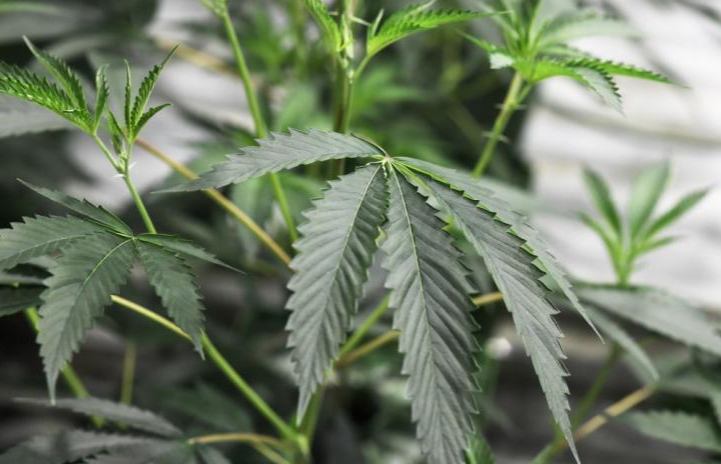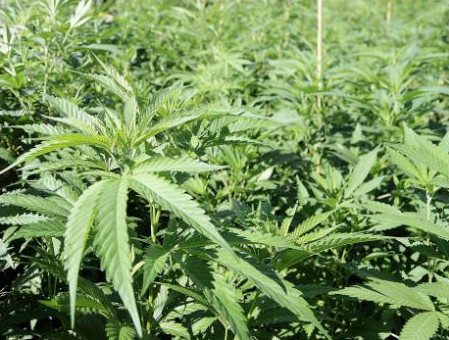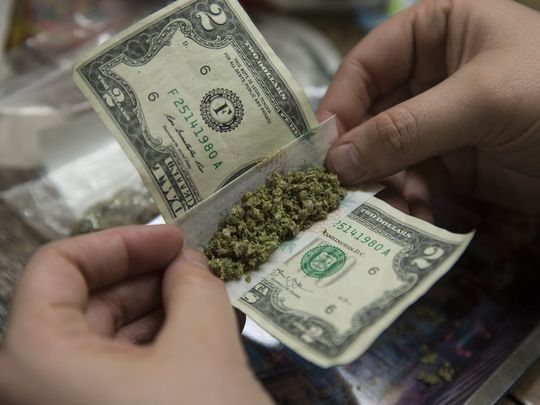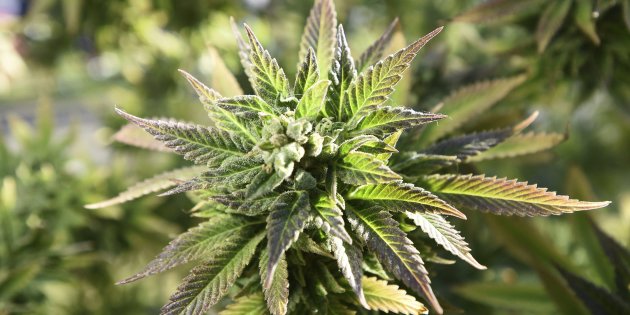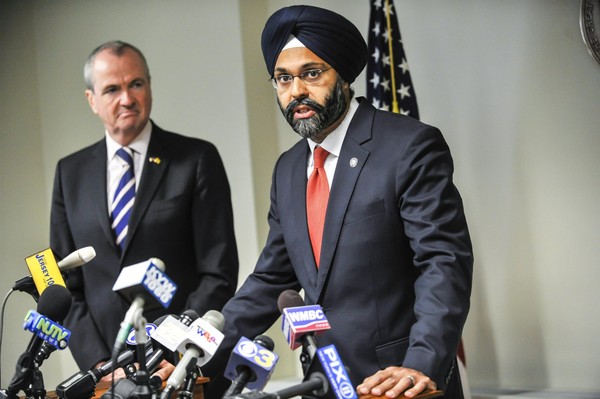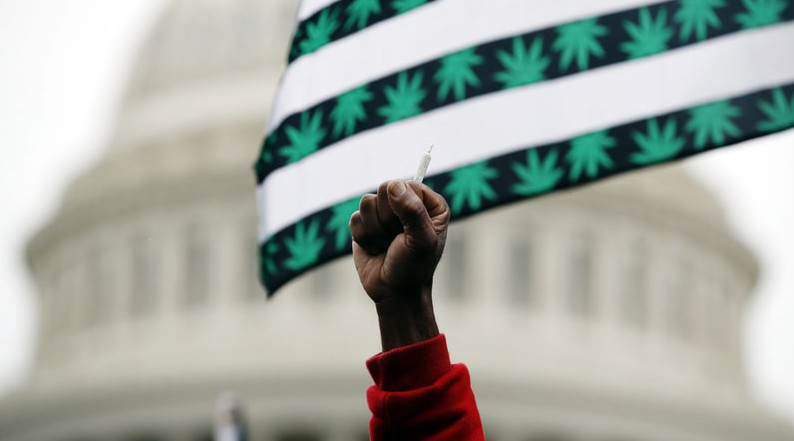This story is part of the HIGH HOPES series from the USA TODAY NETWORK New Jersey, which sent journalists to Colorado & California to see how legal weed could impact the Garden State
Colorado and California were pioneers in legal marijuana markets.
Colorado voters approved the first legal sales to adults in the U.S. in November 2012, and the first legal transaction followed January 2014. California voters approved the nation’s first medical marijuana program in 1996, and 20 years later joined Colorado in permitting non-medical sales.
Here are some lessons from their experiences for New Jersey and other states considering legal sales:
Marijuana regulations take time
Both Colorado and California had 13 months from voter approval to legal sales, and both have struggled with developing and enforcing rules intended to prevent access to children, to track marijuana inventory from seed to sale, and to ensure safeguards such as background checks for employees and extensive security systems at stores. New Jersey could have as little as six months to develop regulations.
Marijuana edibles are especially challenging
Marijuana-infused food products such as chocolate and gummies are a large and fast-growing segment of the market, because they can provide a high without the hassles or smells of smoking or vaping the drug. Many first-time users try edibles, and many have little idea how much drug they’re ingesting because labeling is often poor and the psychoactive substance takes hours to fully hit the brain. Many marijuana-related hospital visits are from edibles. Also, despite laws intended to protect children, marijuana still appears in animal crackers and candies with child-friendly motifs
Legalizing marijuana doesn’t wipe out the black market
Months after California permitted sales to adults, illegal dispensaries still outnumber legal ones. One reason is a permitting process that some operators call cumbersome, as well as state and local taxes and fees. California is considering lowering its state excise tax from 15 percent to 11 percent to make compliance more affordable. New Jersey, which is considering a 25 percent state excise tax, has a smaller black market now because it hasn’t had an extensive medical marijuana program, which in California became a gateway for sales to people without valid medical reasons.
Federal law still presents challenges
Marijuana remains illegal under federal law, but the Obama administration adopted a hands-off approach. The nine states that allow marijuana for all adults have been whipsawed by the Trump administration’s changing approach to marijuana, beginning in January when Attorney General Jeff Sessions signaled an end to the Obama leniency. More recently, President Trump suggested in a conversation with Colorado Sen. Cory Gardner that the federal government may not punish states. But federal banking laws still keep most banks out of marijuana transactions, so businesses deal largely in cash, making them vulnerable to crime and difficult to track. California Treasurer John Chiang and New Jersey Gov. Phil Murphy have proposed state-run banks to handle marijuana transactions.
Credit:northjersey.com



